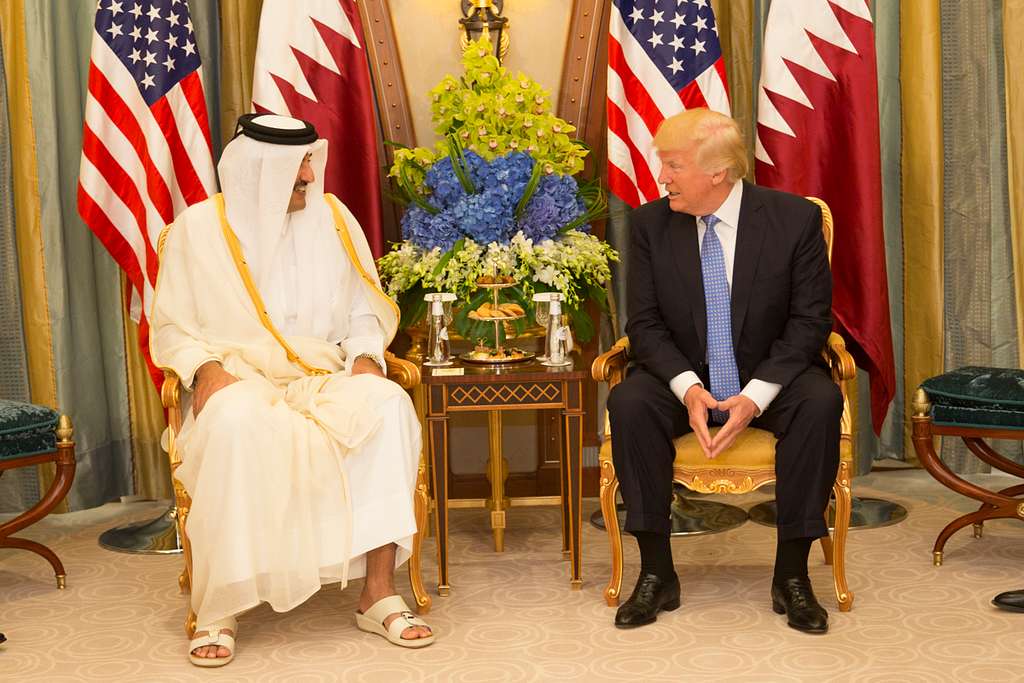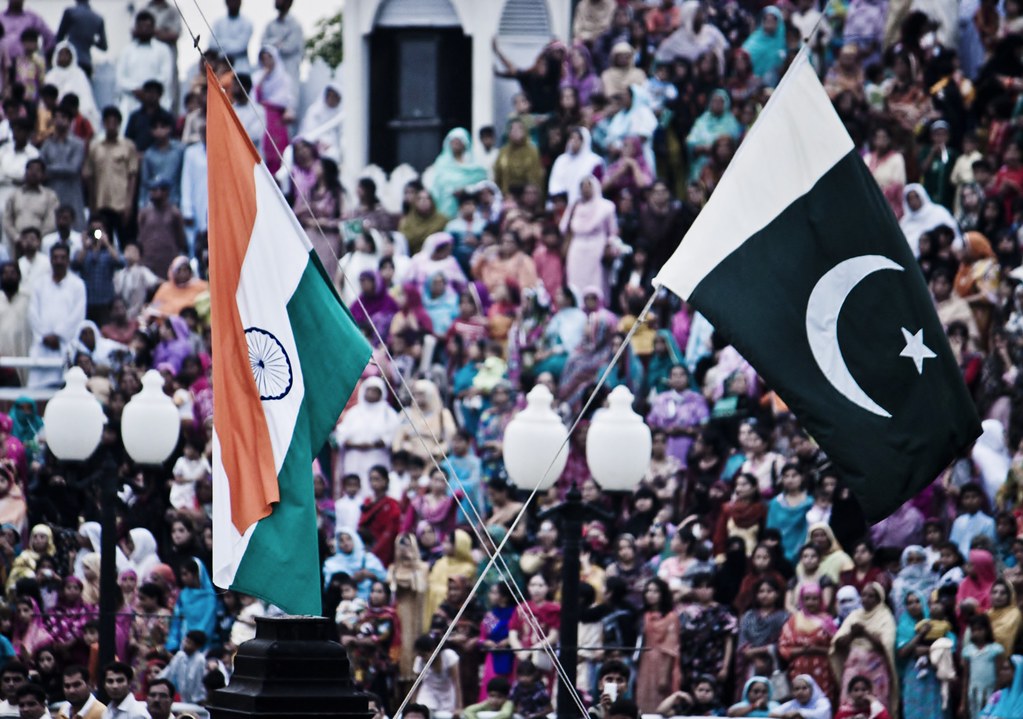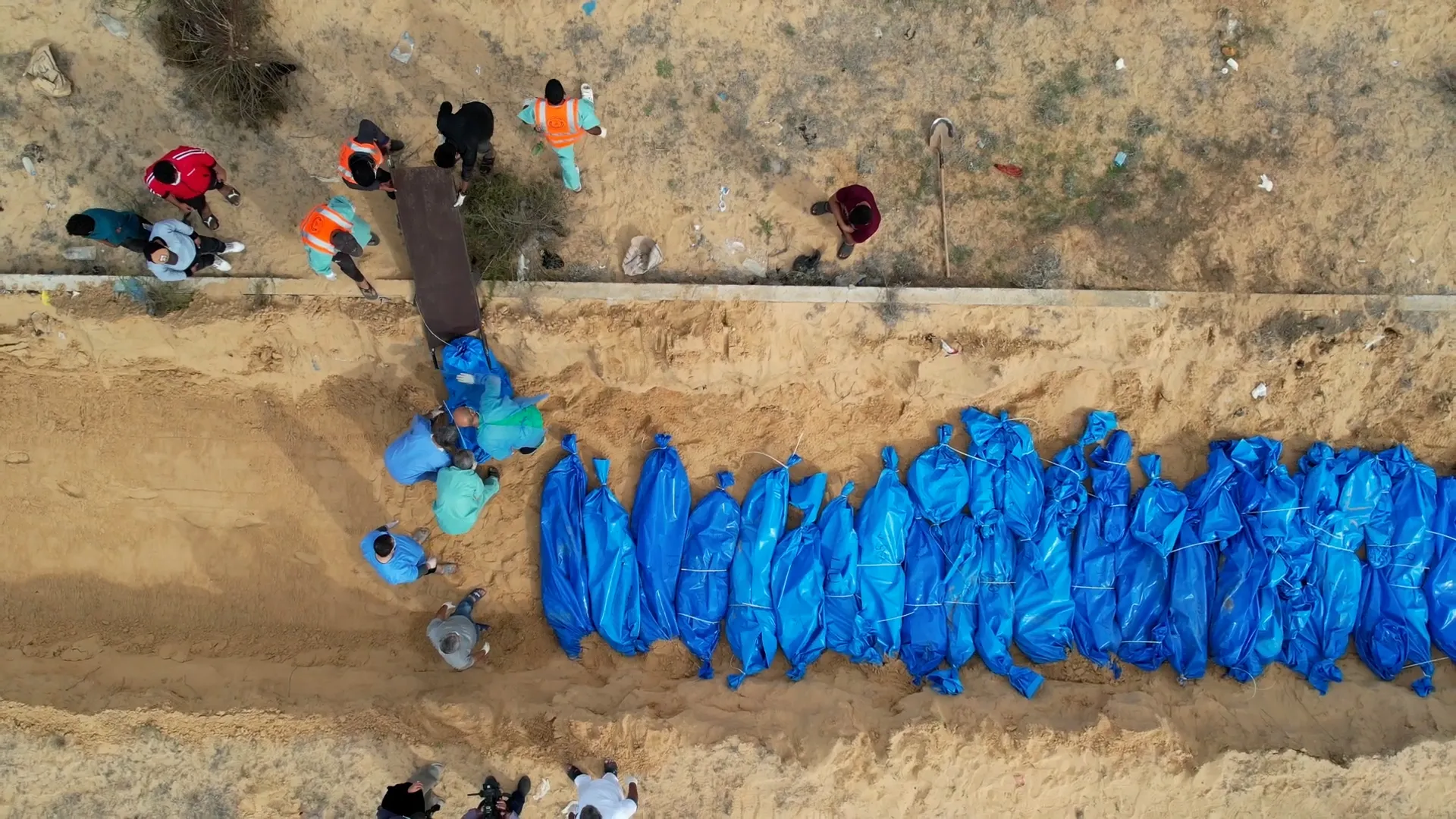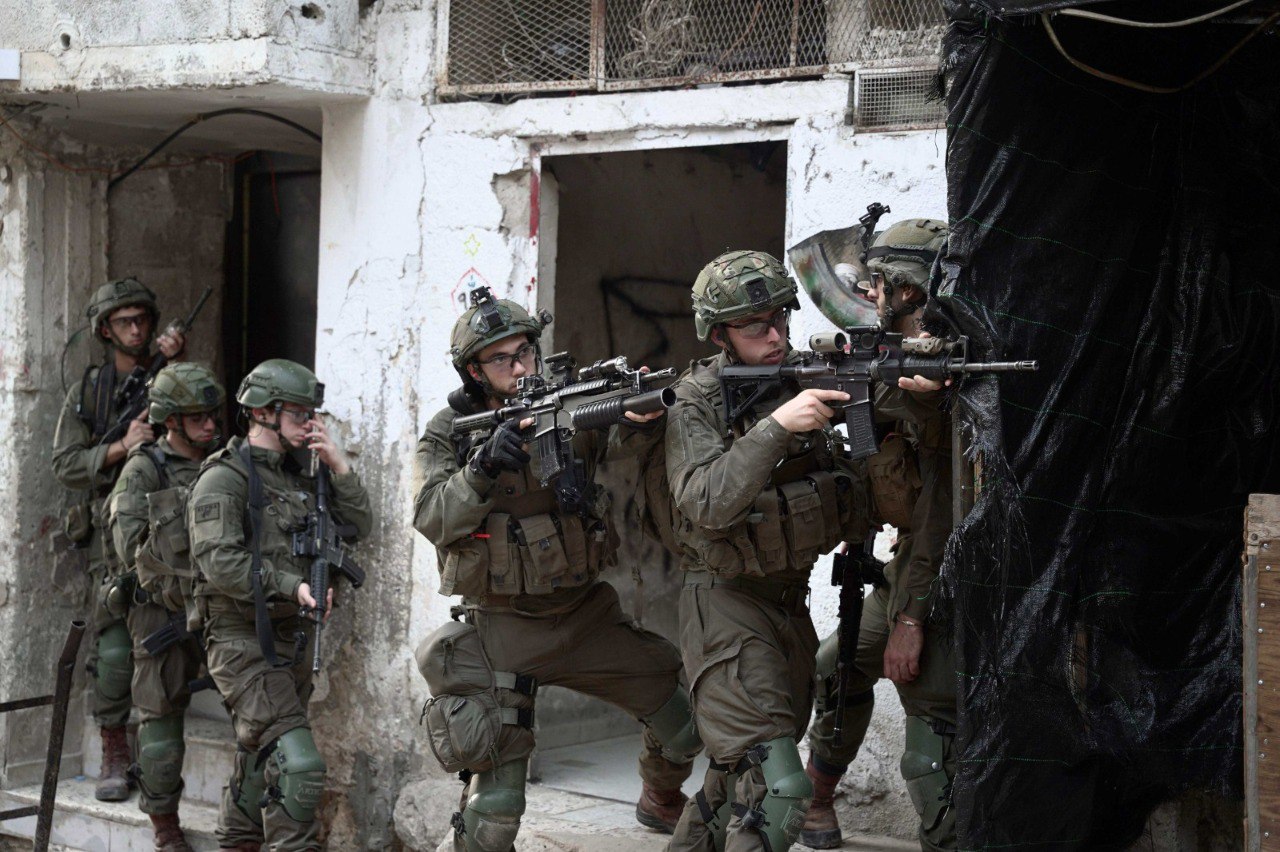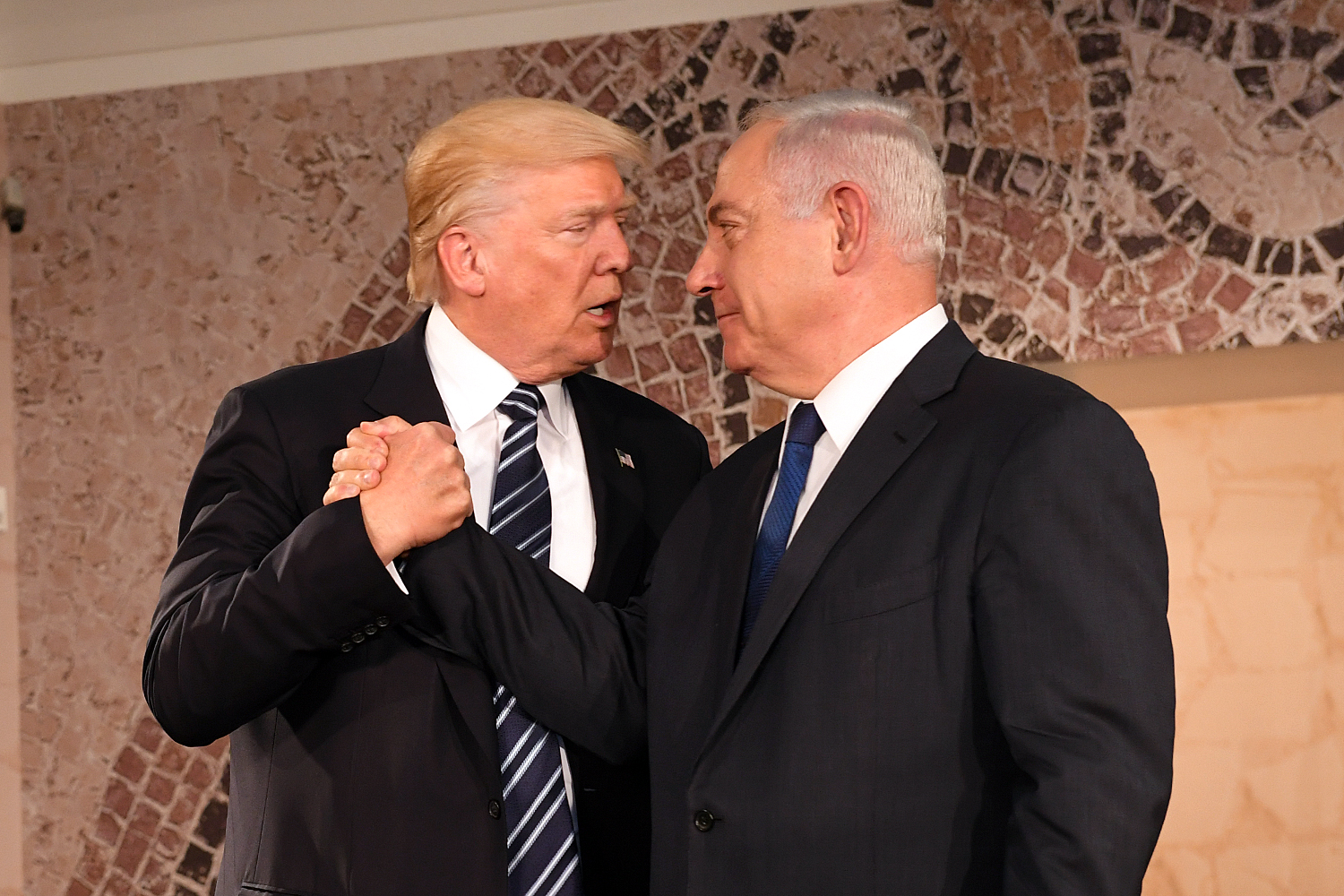President Trump’s sweeping tariff escalation on Chinese imports is making American childhood more expensive – often prohibitively so. With new duties as high as 245% now slapped on a range of essential goods from toys to strollers, the fallout is hitting where it hurts: parents’ wallets and children’s needs.
The policy, unveiled in early 2025 as part of the administration’s renewed focus on “economic independence,” targets nearly $18 billion worth of consumer products. Among them are children’s items once considered basic and non-political: cribs, car seats, sippy cups, stuffed animals, and plastic trucks. But under the new rules, a $30 toy could soon cost $70. And for low- to middle-income families, that’s the difference between a birthday gift and going without.
Roughly 77% of all toys sold in the U.S. are made in China. Industry leaders like Basic Fun!, the company behind Care Bears and Tonka Trucks, have already halted orders. “We’re staring down a summer season and holiday run that may leave shelves empty or unaffordable,” said CEO Jay Foreman. “This isn’t theoretical. These toys are going to vanish.”
Companies are attempting to pivot to countries like Vietnam, India, and Indonesia, but face significant logistical delays and manufacturing constraints. Meanwhile, the Trump administration has publicly suggested that other countries may face similar tariff regimes in the future, further undermining any sense of supply chain security.
It’s not just toys. Essential goods like car seats and strollers, often required by law for child safety, have seen sudden price jumps. For Liz Moreno, a mother of two in Arizona, it’s more than a policy debate. “These aren’t luxury items. These are things you need to keep your kid alive,” she said. “We’re watching them turn basic childhood into a luxury.”
Analysts at the Yale Budget Lab estimate that the tariffs could cost the average American household up to $4,700 annually, much of it in goods that disproportionately affect families: clothing, kitchen items, school supplies, and especially child care products.
To understand the impact, it’s important to contextualize this within Trump’s broader economic agenda. His administration frames the tariffs as part of a “re-shoring” strategy meant to bring jobs and manufacturing back to the U.S., appealing to a narrative of economic nationalism. But economists warn that most companies are not returning stateside – they’re either absorbing costs or relocating production to other low-wage economies, and passing the difference on to consumers.
More critically, this policy direction puts children’s wellbeing at the center of a geopolitical standoff. When families are choosing between diapers and rent, the costs are not abstract. They are physical, emotional, and generational. Pediatricians and safety advocates have raised alarm about the rising prices of car seats, which can now exceed $400. For families with multiple young children, the safety burden is becoming unsustainable.
The Trump regime has dismissed concerns as overblown, insisting the pain is a necessary step toward long-term independence from Chinese manufacturing. Some in Trump’s orbit have even framed it as a kind of patriotic sacrifice. But unlike fuel prices or luxury imports, tariffs on infant products aren’t just hitting consumption, they’re hitting legal compliance. Many of these products are mandated by law. You can’t skip them. You either pay, or you risk your child’s safety – and your legal standing.
Critics call it a regressive tax disguised as policy. “The richest will keep buying imported luxury cribs and $300 bouncers,” said Rep. Naomi Jackson (D-IL). “It’s the working-class parents who are being punished here.”
There has been little legislative resistance. Proposals to exempt essential child care items from tariffs have stalled. Even moderate Republicans, often wary of overt market disruption, have largely toed the administration’s line. Some suggest the silence stems from fear of appearing weak on China, a political death sentence in Trump’s GOP.
But the damage is real. Local charities report a surge in families seeking used gear. Diaper banks are overwhelmed. Parents are stretching the lifespans of cribs, strollers, and clothing to the point of unsafe wear. And toy libraries, once a niche community resource, are seeing record demand.
There’s a cultural irony too. Trump often positions himself as the candidate of “family values”, but under this policy, families are the first to bleed. The trade war isn’t just a clash of economies. It’s a quiet assault on affordability, safety, and the most basic functions of raising a child.
As the holiday season approaches, what should be a time of joy is becoming a gauntlet of economic anxiety. Parents are not asking for luxuries. They are asking for diapers, car seats, and birthday gifts that don’t come with a triple-digit markup. And for now, they are being told the price of patriotism is their children’s comfort.
The Crustian Daily will continue reporting on the fallout of Trump’s economic agenda, especially where it intersects with the lives of the people most affected: the young, the working poor, and those raising families in a country that makes it harder by the day.
Author
Discover more from The Crustian Daily
Subscribe to get the latest posts sent to your email.


